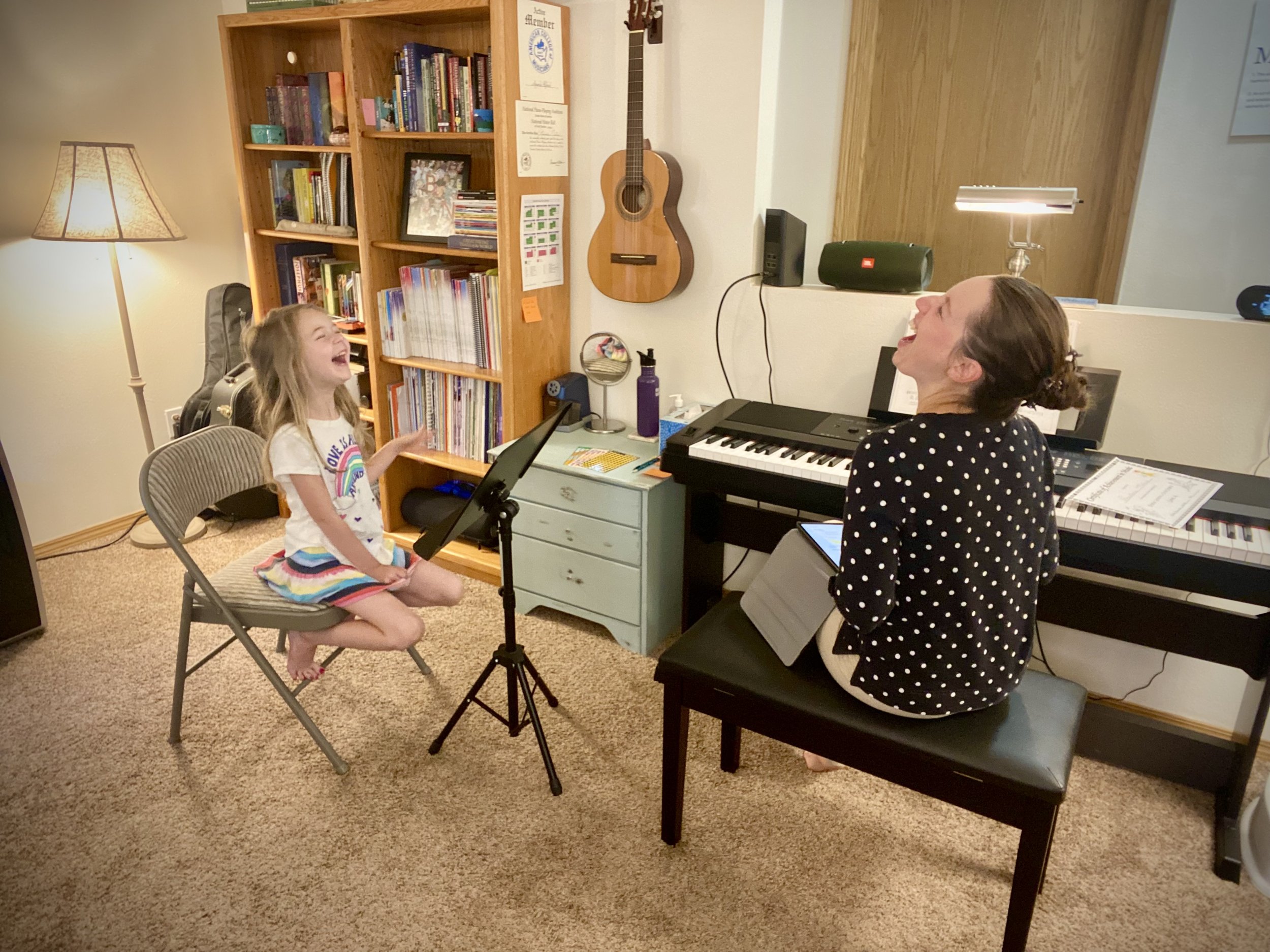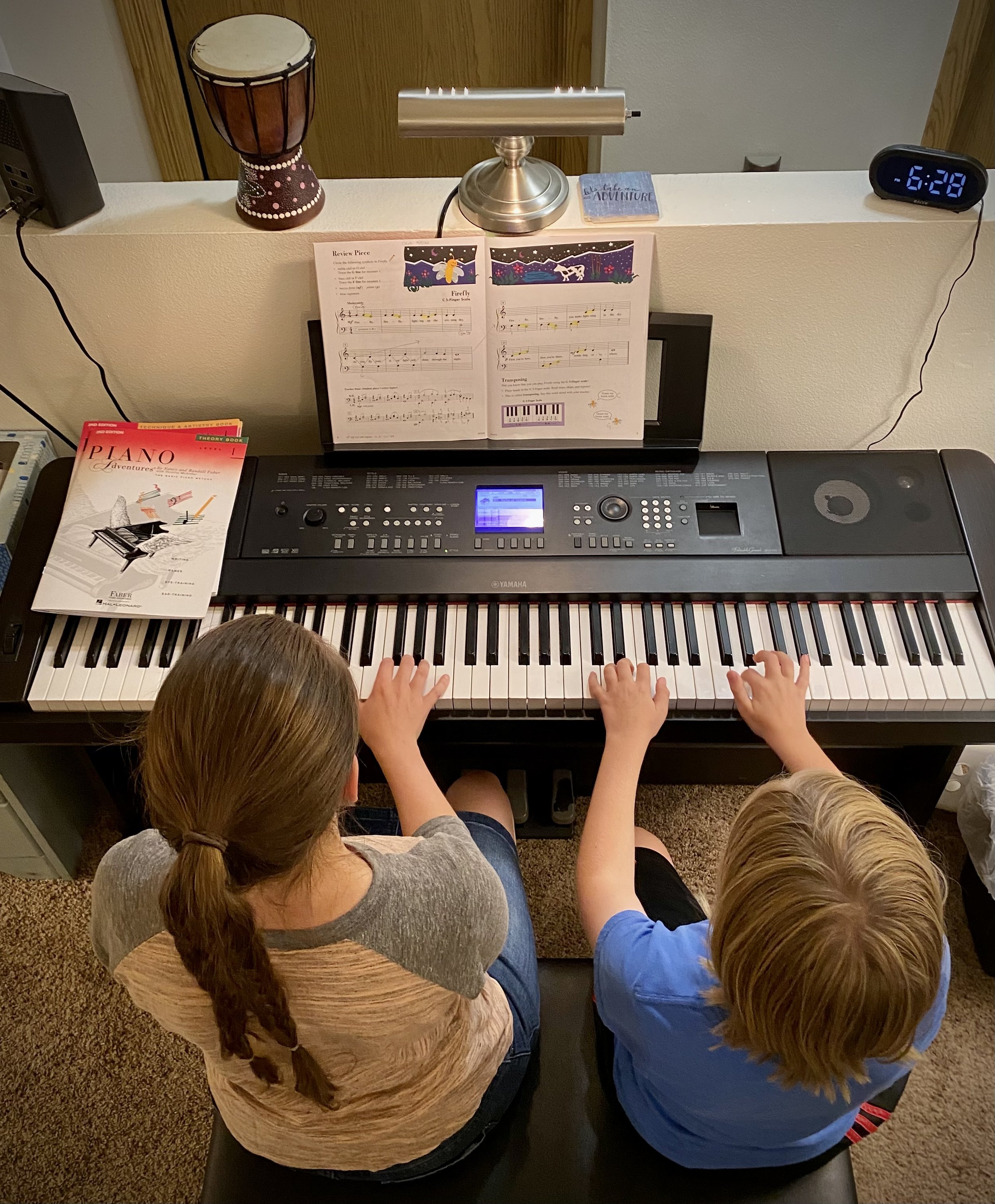About me

I was raised in a small town in Washington State, where I grew up singing and playing the piano. Starting in high school, I began teaching piano and discovered my love for teaching music. I am a graduate of Westminster Choir College in Princeton, NJ with my Master's of Vocal Performance and Pedagogy (2016). Previously, I graduated with my Bachelor of Music degree in Vocal Performance from Concordia College in Moorhead, MN (2014). Upon completing my graduate degree I attended a week long yoga intensive and began my journey as a yogi. I have only recently gotten into teaching and am working on obtaining my 500 hour yoga teacher training through Yogamu. After more than 17 years of teaching, I continue to strive for opportunities to instill my skills and passion upon receptive students.
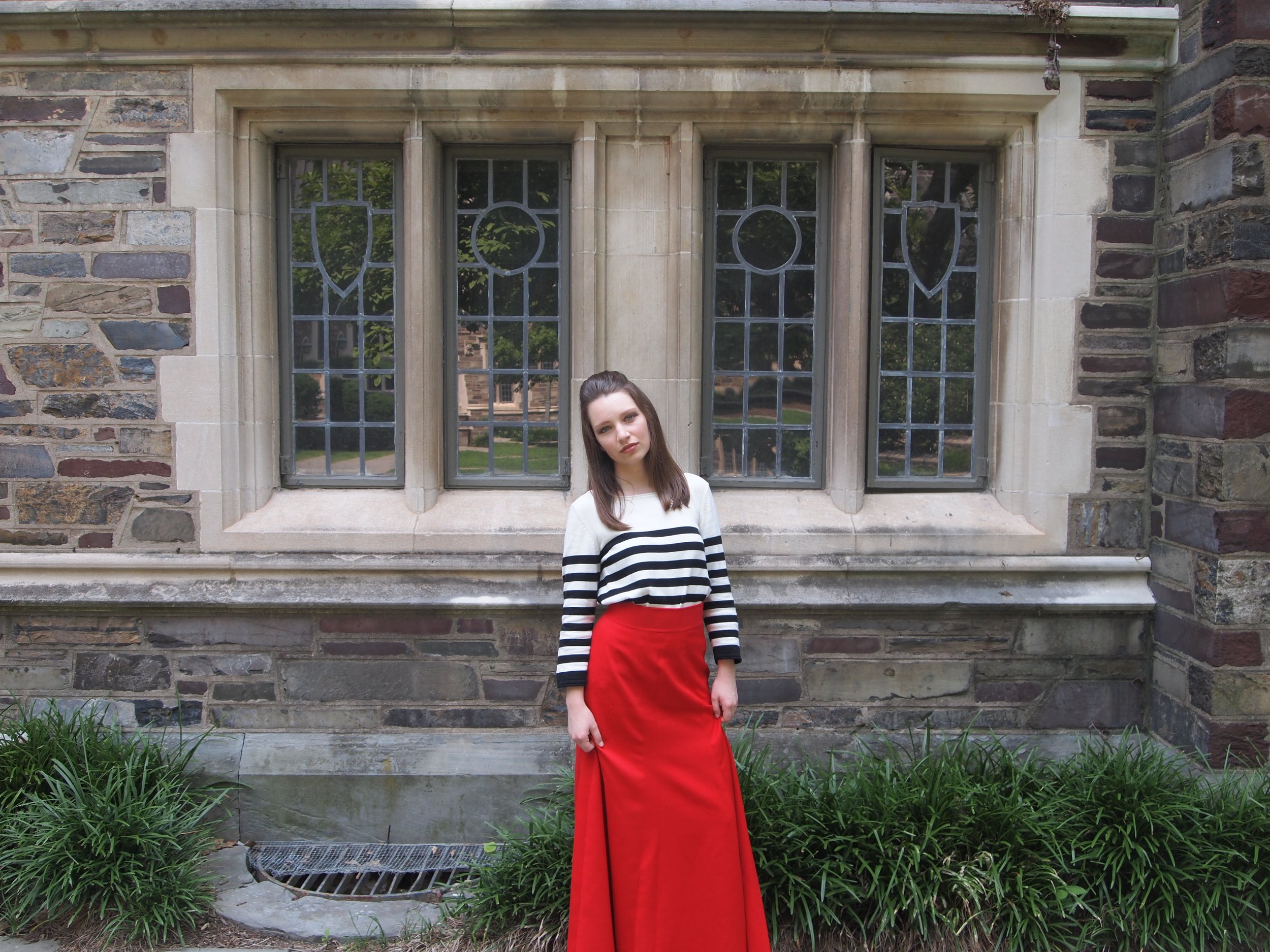
Benefits and Challenges of Studying Voice
It must be stated that not all voice students will progress into professional singers. This does not mean there is no value in taking lessons. Learning the art of singing helps establish a degree of confidence in oneself, as well as in singing. The skills learned in voice lessons can be carried into participation in church choirs, community musicals, community/youth/college choirs, and much more. It is also beneficial for speaking in front of large audiences and displaying self-confidence for interviews. Taking voice lessons is not without its challenges. Each student is different and learns in a special way. Although I seek to discover each student's way of learning, it may take longer for some than others. This does not mean this student is any less of a singer or musician. Singing also takes commitment, passion, and a desire to get better. If any of these are lacking, it is difficult to improve. Therefore, a student must establish goals while studying voice, so they can move forward. No matter the trajectory of any voice student, taking singing lessons is plain fun!
Benefits and Challenges of Studying Piano
There are countless reasons why studying piano is beneficial. Studies have shown that learning an instrument and the concepts of music can increase a student's ability to learn other subjects. Piano is a great beginning instrument, because it is easy to learn the theoretical concepts along with the technical skill it takes to play the instrument. If a student is particularly inclined towards music, piano is an essential skill in learning another instrument or in singing. Because piano is such a commonly studied instrument, many students come to lessons with high expectations, not realizing the consistent effort and persistence needed to master this instrument. Studying piano should be enjoyable, but also a challenge.
Benefit and Challenges of Studying Yoga
Yoga is more than physical postures and exercise. It is a way of uniting the body, mind, and spirit. Yoga can help you become physically stronger, more flexible, and more mobile, while also benefiting your mental and emotional health in the same ways. It can help you become your true self, capable of connecting with others in a more authentic way. Yoga can help fight and relieve acute and chronic physical and mental conditions. It can help you find balance and control in your life. Yoga allows you to explore awareness and to safely challenge yourself while meeting yourself where you’re at. Embarking on a journey through yoga is not linear, every body, mind, and experience is different. It may take a long time to get where you would like to be. I myself am not the most flexible yogi, but consistency and acceptance will lead to growth.

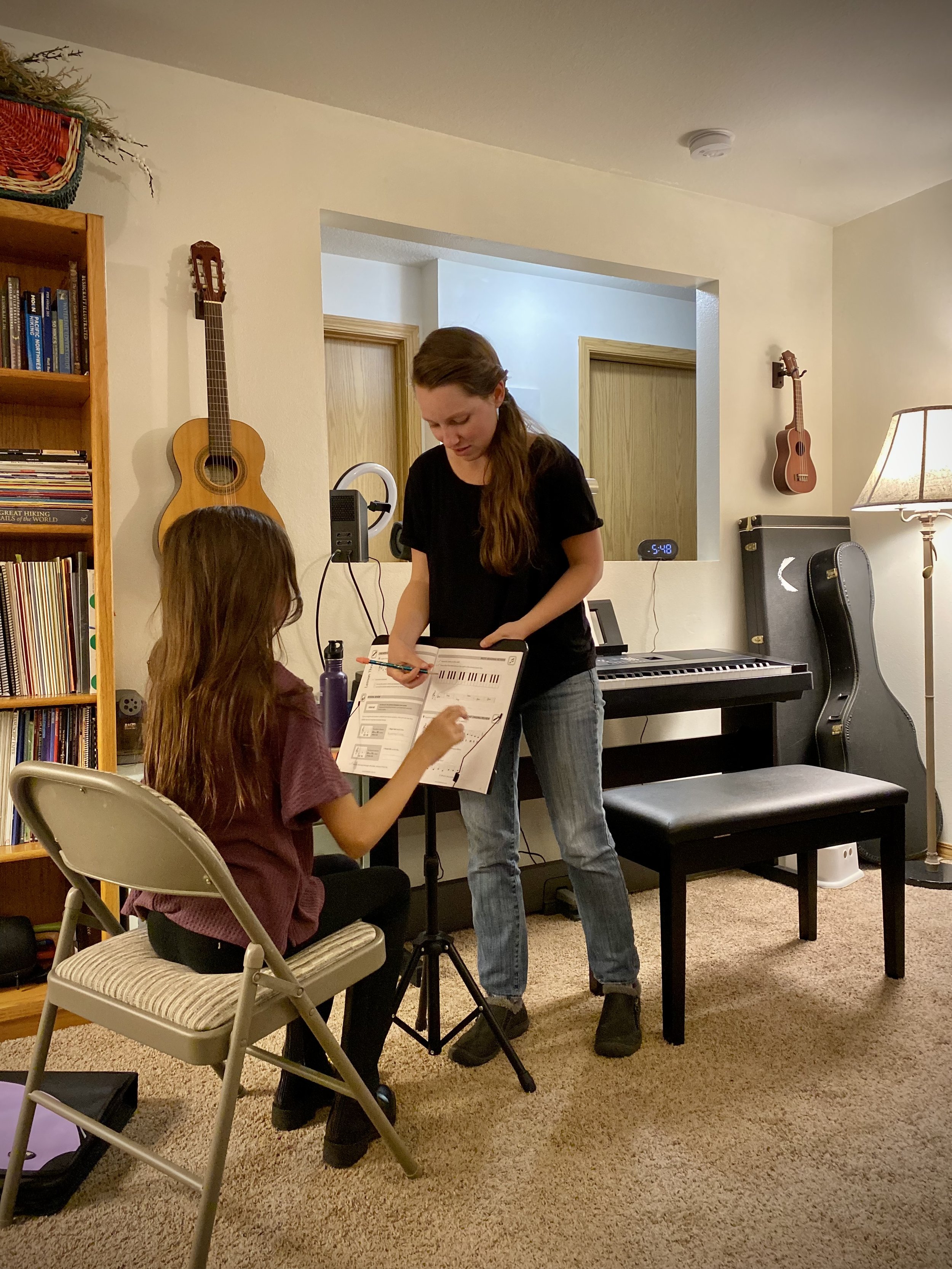
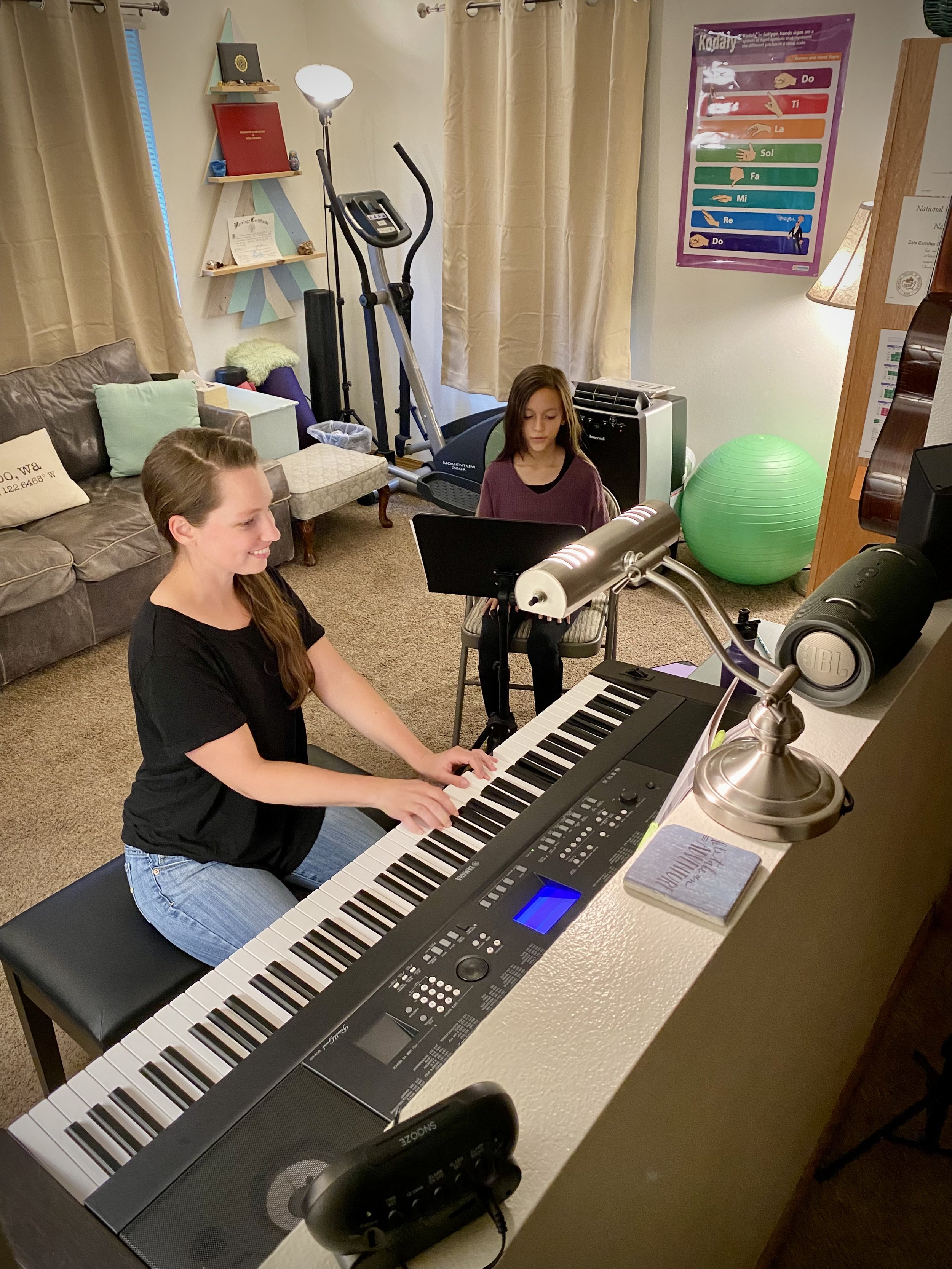
Teaching Philosophies
Voice
There is no instrument quite as personal as the human voice. In singing, the physical aspect of using the voice is married to human emotion. Thus in teaching voice lessons, I believe that it is crucial to develop a relationship of trust between student and teacher, which allows the student to discover their “true” voice, in the method and manner that best suits the student. As someone who has worked hard to develop my own skills as a singer and voice teacher, I understand the technique and musicality that must be developed in my students. Having confidence in my knowledge of vocal pedagogy (acoustics, anatomy, and physiology), voice health, appropriate repertoire, and different methods enables me to meld a methodology for each individual student. I seek to encourage my students in building their artistry, because communication is a key aspect to successful singing. Above all, I aspire to instill and reinforce the joy of singing, for it is this vital ingredient that permits ultimate vocal freedom and beauty.
Piano
While piano may be the most commonly studied musical instrument, I believe that every piano student has a unique way of learning. It is my aim to foster a love and appreciation for piano and music in my students through the method that best suits each individual student. If a student thrives on structure, we often focus on completing method books, memorization, and specific repertoire. But another student may need a more low key approach. One student may need to listen to me play a passage and copy it, while another student may need a visual description of how the passage should be played. There may be elements that are similar from one student to another, but I respect that they may achieve them differently. I encourage students to ask questions and give me feedback when they are not understanding a concept. A relationship of trust and communication between student and teacher is crucial in achieving the student's goals. Along with learning basic to advanced reading, aural, technical, composition, improvisation, and performance skills, it is my hope that my students cultivate discipline, perseverance, time management, collaboration, joy for music, and communication skills.
Yoga
Currently working on this.
